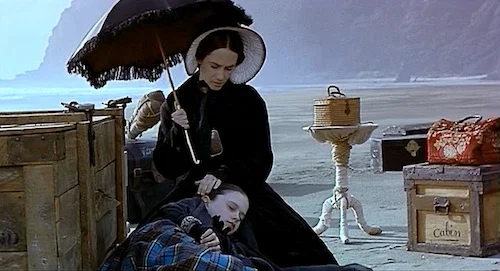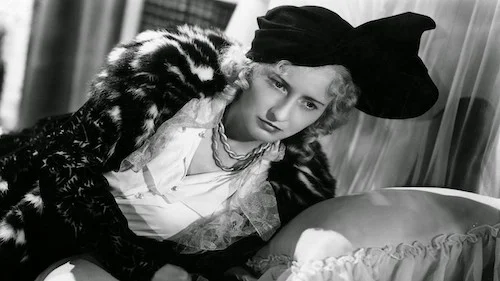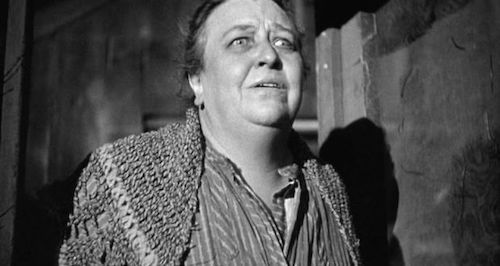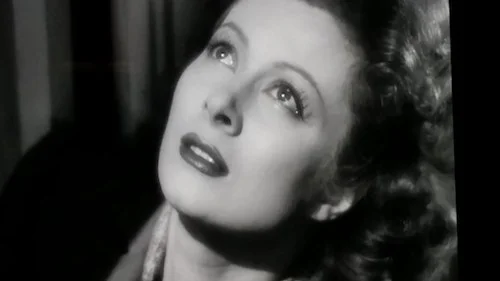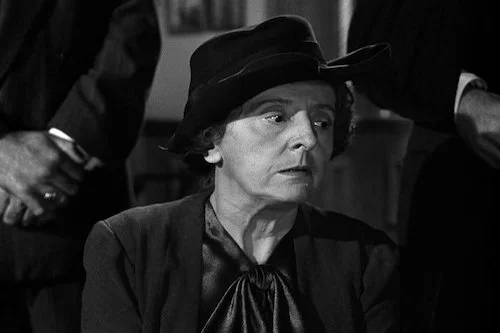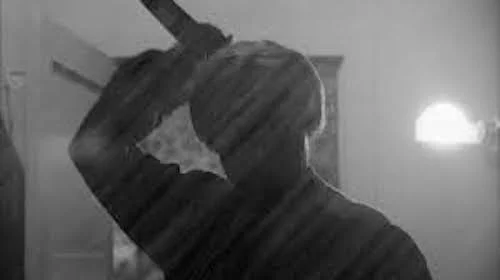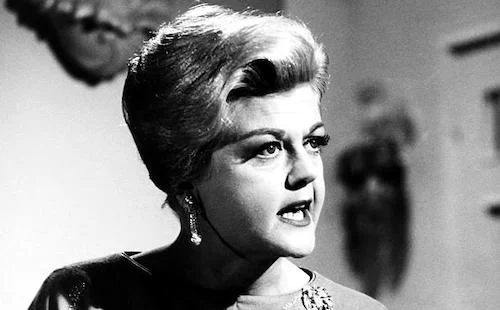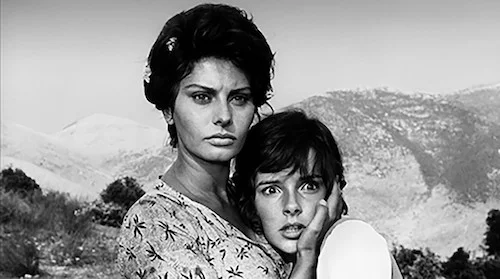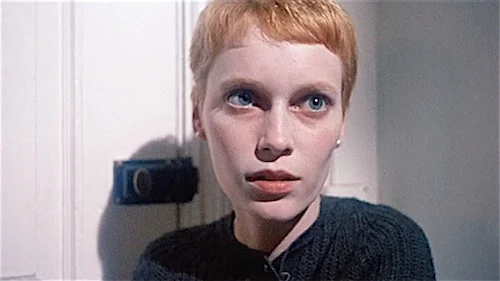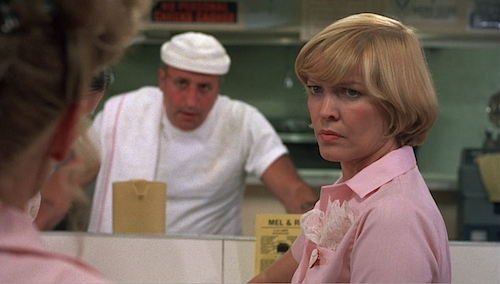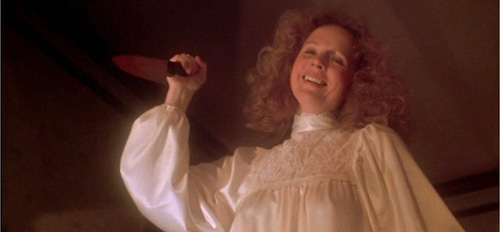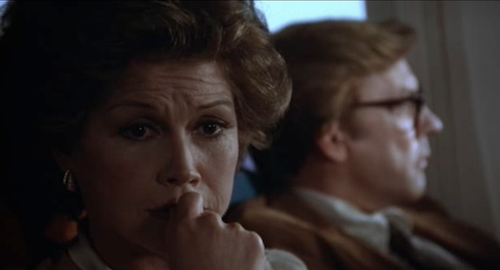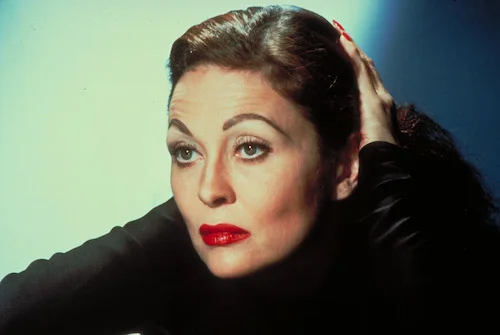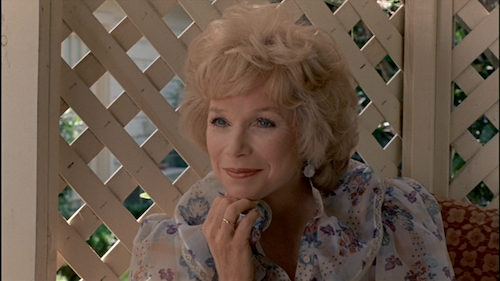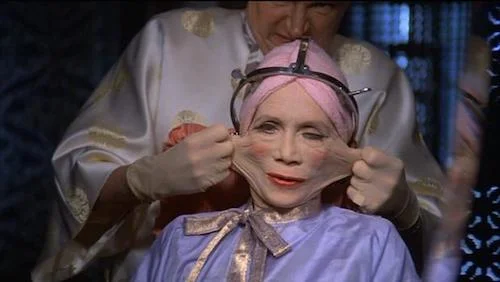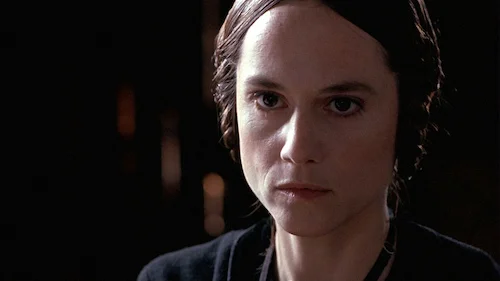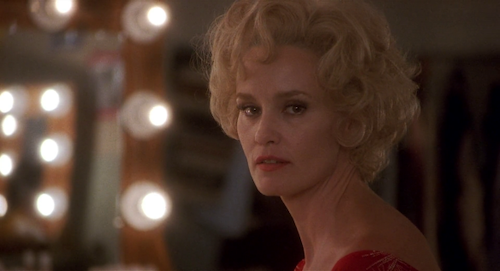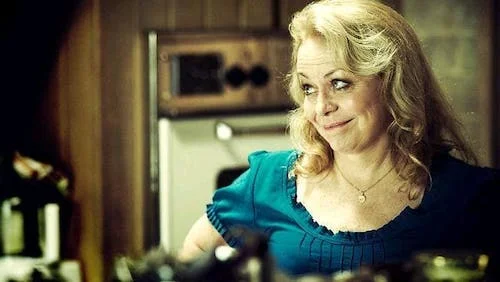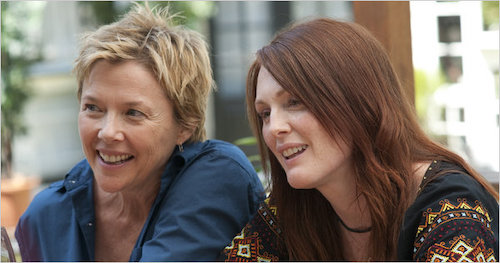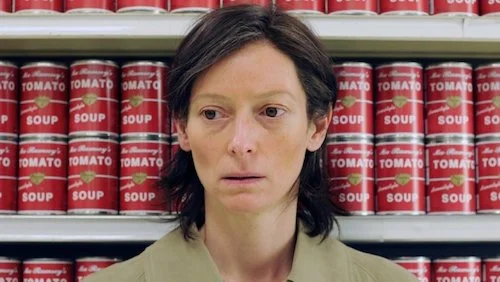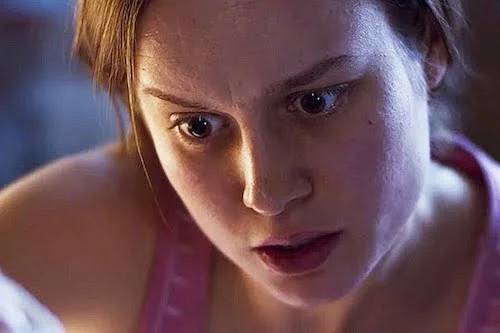Twenty Iconic Mothers in Cinema History
We’re going to keep it short and sweet. There have been many great mother characters in cinema, so only picking ten was impossible. Literally. We had to bump it up to twenty, and even then we are missing many notable characters. We had to limit our picks down to characters where the motherhood played an important factor towards an entire film, otherwise we would be here all day. We want you to celebrate the mothers in your life and only briefly pay attention to this list. So, twenty was tough, but we hopefully picked some good ones. Here are twenty notable mother characters in cinema history, in chronological order.
Stella Dallas-Stella Dallas
Played by the incredibly versatile Barbara Stanwyck, Stella Dallas details the creation of a family, and the sacrifices of divorce. Stella is caught in it all, as her priorities shift greatly (from individual, to mother). This is one of the earliest complex maternal characters, and a high bar was set.
Ma Joad-The Grapes of Wrath
The focus might be on the return of son Tom Joad, but you’d be wrong if you said the heart didn’t lie with good old Ma. The central core of all of the Great Depression devastation affecting all of America (and the Joads), Ma is the shoulder to cry on who has to be strong for everyone.
Kay Miniver-Mrs. Miniver
The flower named after this titular character is a plant that blossoms during adversity. The film itself is a leap through many war-related events, but the thread that ties it all together is Greer Garson’s bold Kay Miniver. She teaches us that you may have to mother more than just your children, but doing so is also going to be the hardest job in the world, especially during turmoil.
Ma Jarrett-White Heat
Well, Cody made it on top of the world for her. With such a complicated character in a gangster noir film, it makes sense that so much of Cody’s corruption comes from his conniving-yet-adoring mother. Never did you feel like Cody was a mama’s boy, particularly because Ma is hard-as-nails herself; you can see where it all comes from now.
Mother-Psycho
It almost feels like cheating to include this entry, but this is also such a pivotal character in horror history. How much can be said without spoiling? Well, the furthest I can go is by insisting that this is some of the biggest parental psychological damage ever inflicted on a character. Mother’s the most powerful character in Psycho, in some sort of way.
Eleanor Shaw-The Manchurian Candidate
Here’s another case of a mother standing in the way far too much. Instead of self-damage, Eleanor Shaw takes it one step further, by being an instrumental piece in political scandals and murder plots. We could have included Angela Lansbury as the loving Mrs. Potts instead, but this character is so much more affective.
Cesira-Two Women
A mother will do anything to protect her children. What happens when just too much happens? War, separation, trauma. How much can Cesira cope with? Well, we learn that mothers are human, too. They make mistakes, experience guilt, and work through grief like any of us. Sophia Loren won an Oscar not just for her booming personality, but because of her exposed vulnerability, too.
Rosemary Woodhouse-Rosemary’s Baby
Well. We had to. We don’t have to commend her child, but we do have to give kudos to Rosemary: one of the singular representations of new life affecting a soon-to-be mother. Hopefully, no one ever has to deal with the most extreme of metaphors, where Rosemary’s nine months aren’t just gradually harder: they’re a slow descent into hell.
Alice Hyatt-Alice Doesn’t Live Here Anymore
This underrated Martin Scorsese dramedy involves a struggling mother trying to fix her life, and it’s all anchored by a bravura performance by Ellen Burstyn. Once again, we could have included her work in The Exorcist instead, but we have enough horror-themed mothers on this list. Here’s one that is imperfect, but always gives her all to do her best. It’s much more relatable.
Margaret White-Carrie
See? We’re back to horror mothers again. This time, Mrs. White is a metaphor herself: a controlling, stranglehold mother whose overbearing ways is doing more damage to her developing child than good. In a film that involves blood, fire, telekinesis, and, gasp, high school gym class, the most terrifying part is every time we see Margaret White on screen. Now that’s being a terrifically evil character.
Beth Jarrett-Ordinary People
Featuring a very against-type performance by Mary Tyler Moore, this grieving mother is one of three shifting domestic elements after the death of a young boy. Her combative nature against her husband and son is difficult to watch, but it’s oh so real. There is some real nuance, here, and it highlights many of the more hypothetical difficulties many other family dramas may outright avoid.
Joan Crawford-Mommie Dearest
With one of the greatest love-it-or-hate-it performances, Faye Dunaway’s career sadly went up in the air after her all-hands-on-deck take on Joan Crawford as the world’s most difficult mother. Whether you are blown away or are hooked at how awkwardly extreme this mother is, you cannot deny that Dunaway’s Crawford is insanely magnetic.
Aurora Greenway-Terms of Endearment
From the very first scene, Aurora is kind of difficult. We get that sense for the many decades that Terms of Endearment guns through, as we are welcomed by very specific memories. At the end of the day, we see a troubled mother who has been through it all herself, but is willing to do it once more for her daughter. Disfunction or not, Aurora always cared.
Ida Lowry-Brazil
Sam Lowry is such a messed up middle class worker, but you can easily see where it comes from. Ida’s obsession with elitism, social status, and plastic surgery is so frequent, it literally becomes a part of Sam’s nightmares. Seeing such a fixation on stature is one thing. To see this through your own mother? That can affect a cubicle hermit with an existentialist crisis.
Ada McGrath-The Piano
Even though you can argue that daughter Flora takes care of her mother Ada as well, Ada’s experiences in this film are all part of her legendary feminist design. Without a voice, Ada has to cope through love, anguish, motherhood, and depression all in silence. This is a very clever character design, whose intentions speak many symbolic volumes.
Carly Marshall-Blue Sky
Carly’s mental health issues gave her a bad name, but she wasn’t going to let that get in the way of what she knows is right. Much of the film is devoted to the scrutiny Carly faces, either due to her bad decisions or because of her sicknesses. However, her fight for her husband’s wellbeing is one we know will be rough, but we root for her the entire way, thanks to a multifaceted performance by Jessica Lange.
Janine “Smurf” Cody-Animal Kingdom
Mother. Grandmother. Mob-related Godmother. Smurf is everything, and she wears every hat at the same time. It’s why she is Animal Kingdom’s most unpredictable character. She shows so much love and kindness, yet she is easily the coldest character in the entire film. Do you trust her warmth, or her ability to turn on a dime?
Jules and Nicole Allgood-The Kids are All Right
2019 is starting to finally show more signs of diversity, yet we still have a ways to go. In Lisa Cholodenko’s progressive dramedy, we have two mothers that reconnect with the sperm donor that allowed them both to bear children. The characters themselves were fascinating, but you simply cannot have a better duo than Julianne Moore and Annette Bening.
Eva Khatchadourian-We Need to Talk About Kevin
Other mothers on this list are the direct result of their great or terrible offspring. Eva spends the entire film wondering if she is the reason why her son was capable of something so hateful. Where did it all go wrong? Not many films face such a direct hypothesis when it comes to the parent of a criminal, but We Need to Talk About Kevin dives straight first into some ambiguous grey area.
Ma-Room
We end off with a maternal figure that understands the responsibilities of being a mother, even if you did not agree to be in that position. “Ma” goes through many terrible years being locked in a shed and forced to raise a child she did not consent to, and her readjustment to the real world is a highly sensitive one. Yet, we know Ma is aware that her son is the reason to keep going, and she is her son’s reason. This is another nuanced maternal character that shows sacrifice to the nth degree.
Andreas Babiolakis has a Masters degree in Film and Photography Preservation and Collections management from Ryerson University, as well as a Bachelors degree in Cinema Studies from York University. His favourite times of year are the Criterion Collection flash sales and the annual Toronto International Film Festival.

